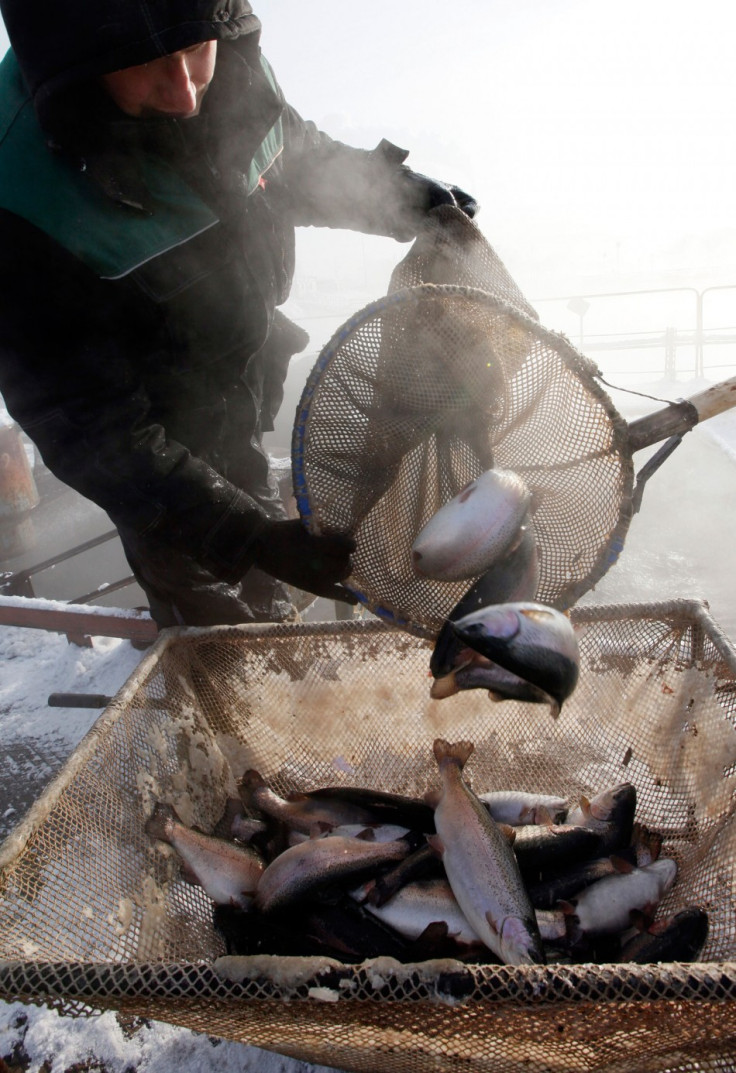Overfishing of EU Stocks Costs 3.2 Billion Euros and 100,000 Jobs

Improper management of fish stocks in EU fisheries is having a strong impact on the economy affecting as many as 100,000 jobs and costing around 3.2 Billion Euros every year.
A new report "Lost at Sea" by the UK-based New Economics Foundation has mentioned that due to overfishing, the EU is getting much less out of its fish stocks than if they were restored and sustainably managed.
The study was done by comparing and analysing the current size of catches and their potential (maximum sustainable yield). It estimated the benefits of rebuilding 43 European stocks and found that by restoring those to their maximum sustainable yield (MSY), around 3.53 million tonnes of additional landings could be generated. This would be enough to meet the annual demand of fish for almost 160 million EU citizens.
Some of the worst affected fish includes cod (lost 970,000 tonnes/yr), haddock (lost 378,000 tonnes/yr), herring (lost 854,000 tonnes/yr) and whiting (lost 834,000 tonnes/yr).
"Overfishing is bad for the economy. With the stroke of a pen, European fisheries ministers are wiping out millions of pounds and thousands of jobs each year by allowing overfishing to continue," lead author Rupert Crilly, an nef Environmental Economics researcher said.
"A third of the UK population's annual fish consumption could be provided by just the UK's share of restoring these fish stocks. The industry could employ an extra 46 per cent more people. Over £400 million could be invested in coastal communities every year, 24 times the annual subsidy the UK receives precisely to mitigate the costs of overfishing," he further mentioned.
However, a statement released by the Prince of Wales mentions that despite evidence about the continued decline of the world's fish stocks there is real cause for optimism about the future of this vital resource.
Citing his International Sustainability Unit (ISU) new report, the Prince mentioned that if sustainable management of fisheries is applied more widely the long-term benefits will be seen in larger catches at sea, higher earnings, more secure jobs and healthier marine ecosystems.
Nevertheless, at the same time, he warned that if proper action is not taken at the right time, the current alarming situation may become even more serious and, ultimately, irreversible.
"The story today need no longer be one of doom and gloom and inevitable decline, but one that harbours the possibility of generating more value from a strongly performing natural asset. This potential can only be tapped if we manage it well," Prince Charles said in a speech at Fishmongers' Hall in London to mark the launch of the ISU's Marine Programme.
© Copyright IBTimes 2024. All rights reserved.






